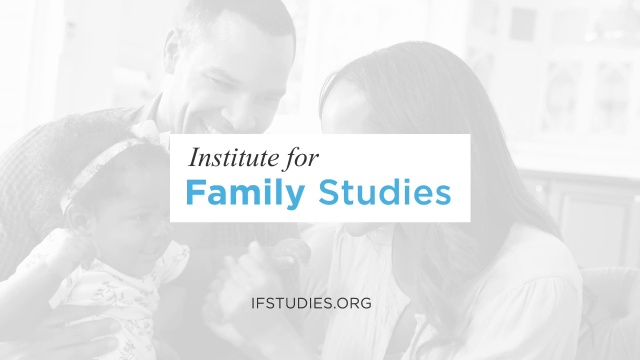Teenagers did not do as badly as feared during the quarantine in America according to research by the Institute of Family Studies.
While adults in spring 2020 were three times more likely to experience mental distress, anxiety, or depression, most teens fared relatively well during the pandemic, mainly due to more time with family and additional sleep. However, teens in two parent families fared better than their peers.
Among the report’s key findings are that depression and loneliness were actually lower among teens in 2020 than in 2018, and unhappiness and dissatisfaction with life were only slightly higher.
They spent less time on social media and gaming than in 2018. However, they did increase their consumption of TV and videos.
These patterns were not uniform across all teens. Overall mental health was significantly better for teens in two-parent families, both before and during the pandemic. Teens who spent more time with their families during the pandemic and who felt their families had grown closer were less likely to be depressed. Thus, it appears that one of the primary foundations for teen resilience during the pandemic is family support and connection.
The study concluded that the results reveal “a nuanced picture of teens during the pandemic quarantine: They were resilient yet worried, isolated yet connected to family, and well-rested yet concerned”.

















